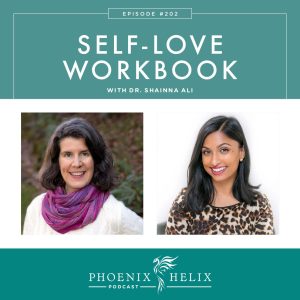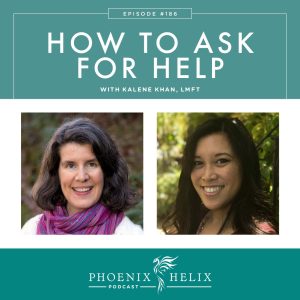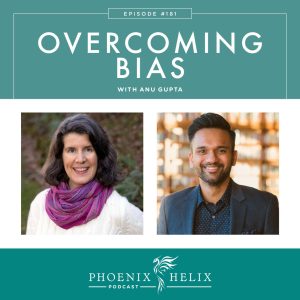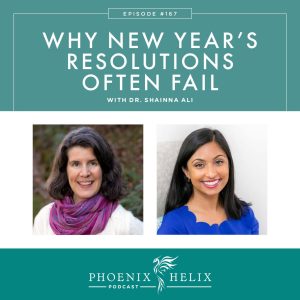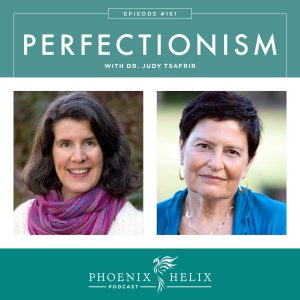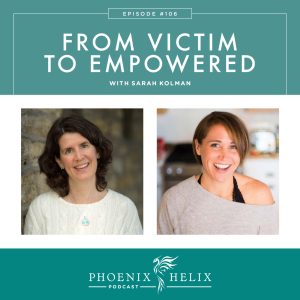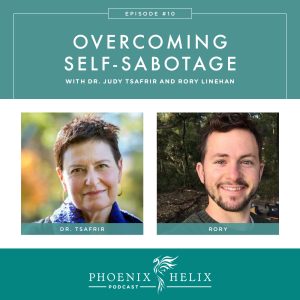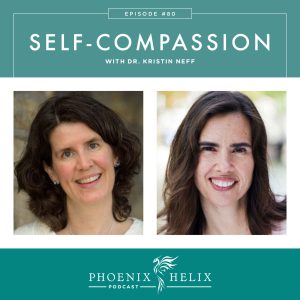Episode 202: Self-Love Workbook with Dr. Shainna Ali
When you have autoimmune disease, it’s common to feel disconnected from your body and even betrayed by your body. Yet we live in our bodies, so this creates a complicated relationship with ourselves. Instead of self-love, we might end up feeling self-hate. How can we change that? How does self-love, or the lack of self-love, impact our wellbeing, both mentally and physically? My guest today is Dr. Shainna Ali, a mental health counselor, educator, and advocate. She is also the author of the Self-Love Workbook series. They are practical guides with concrete action steps. They go beyond a misty view of self-love and teach skills we can apply in our daily lives.

